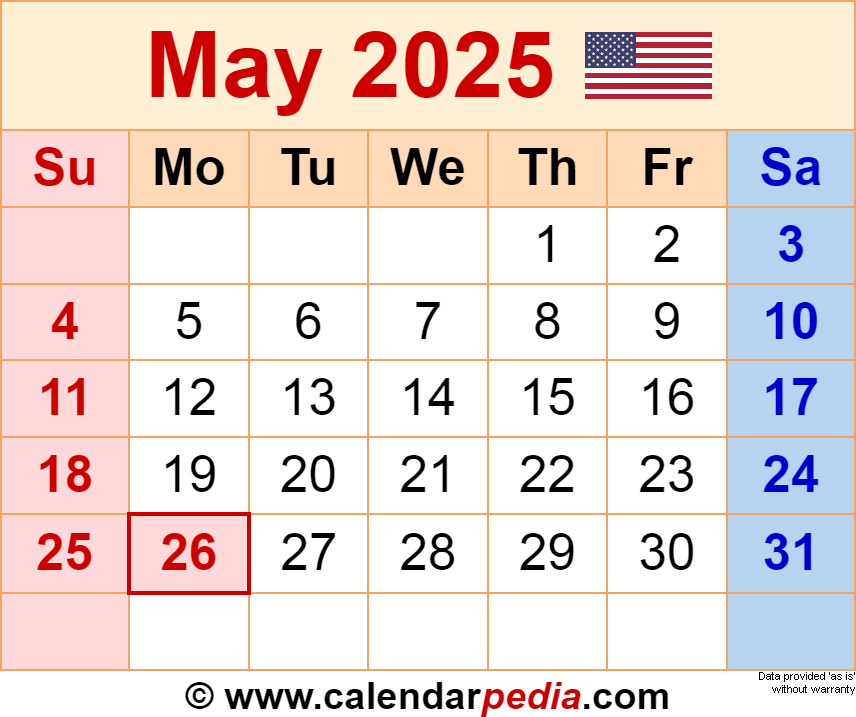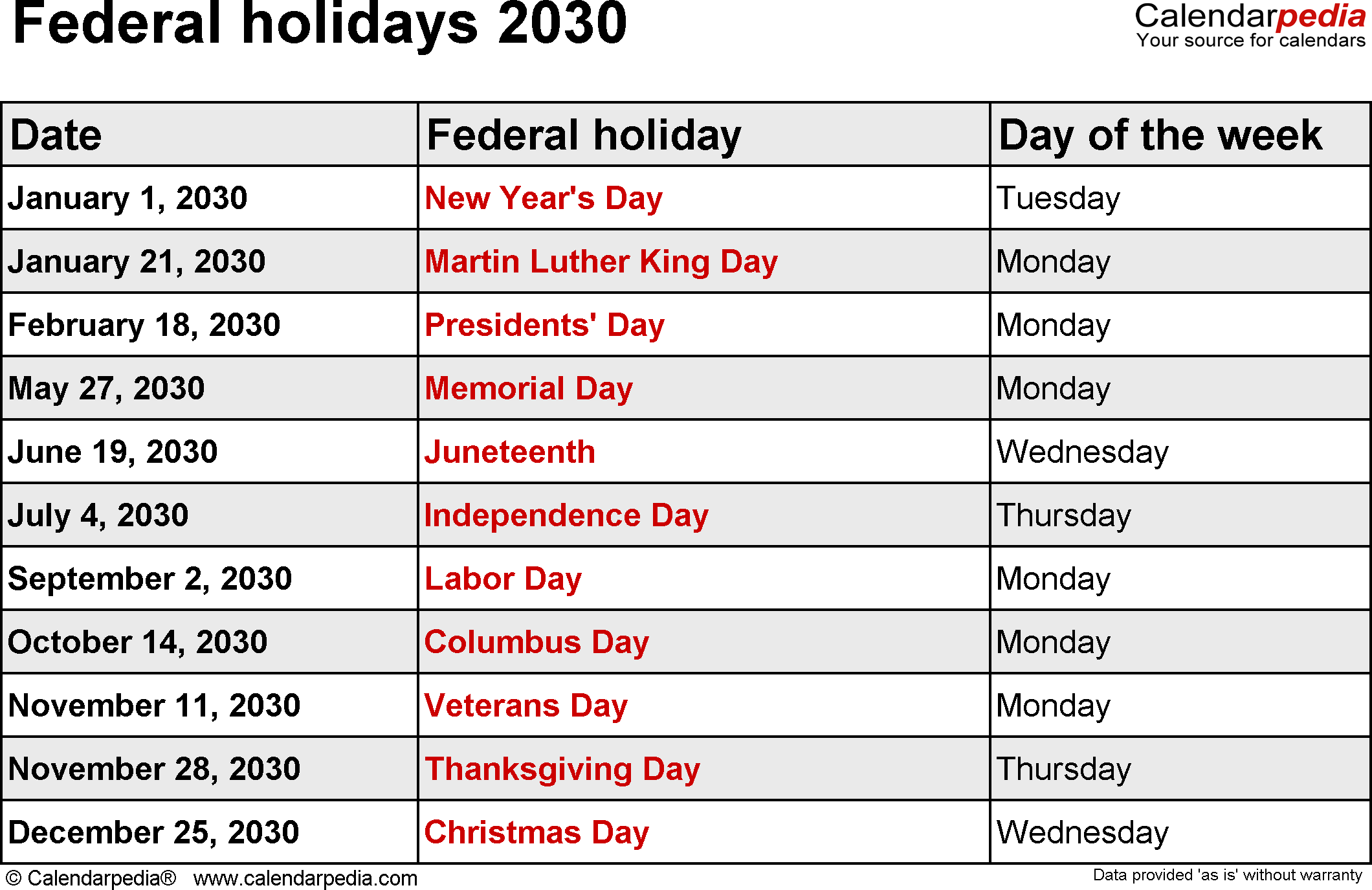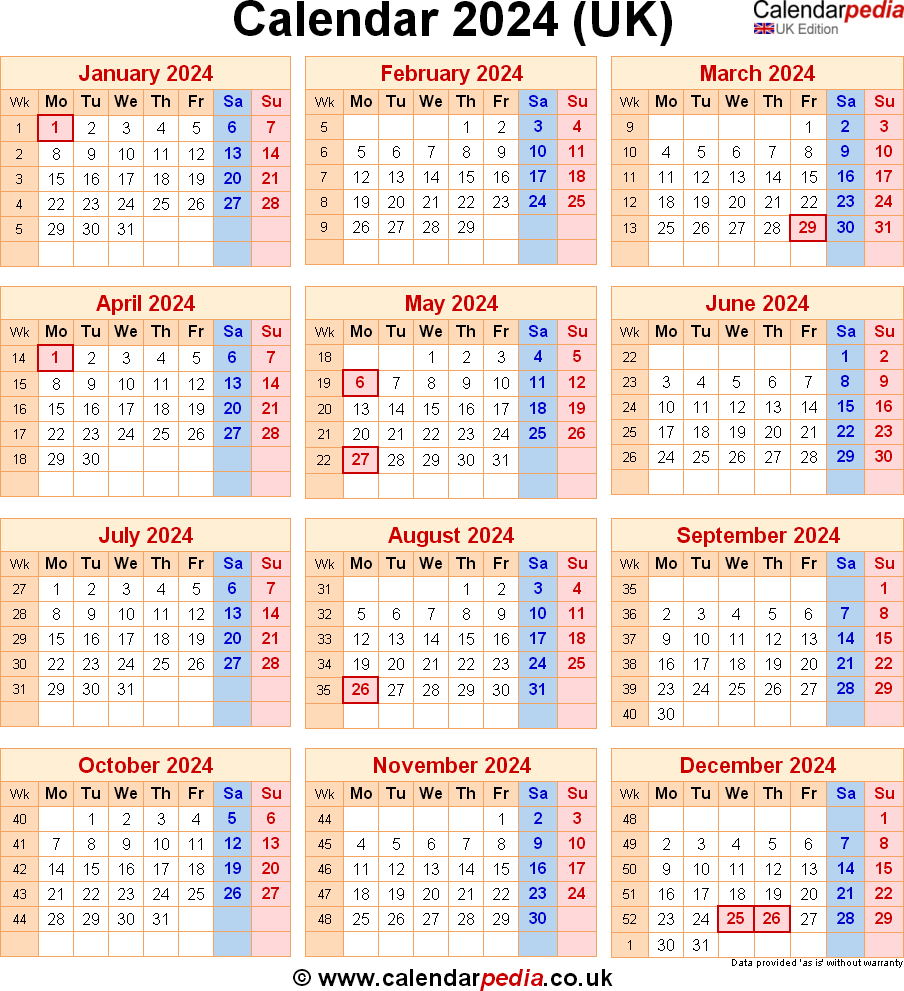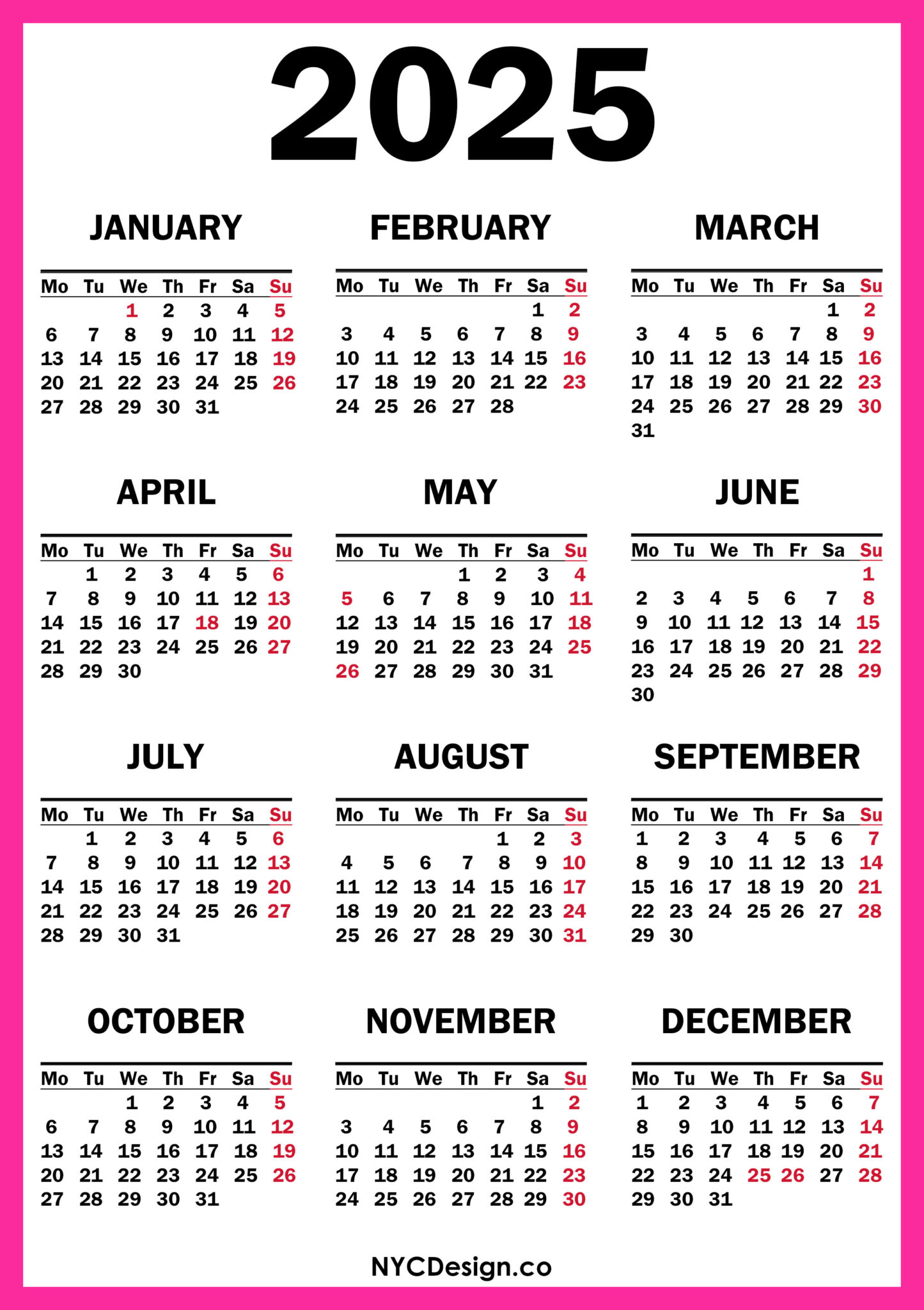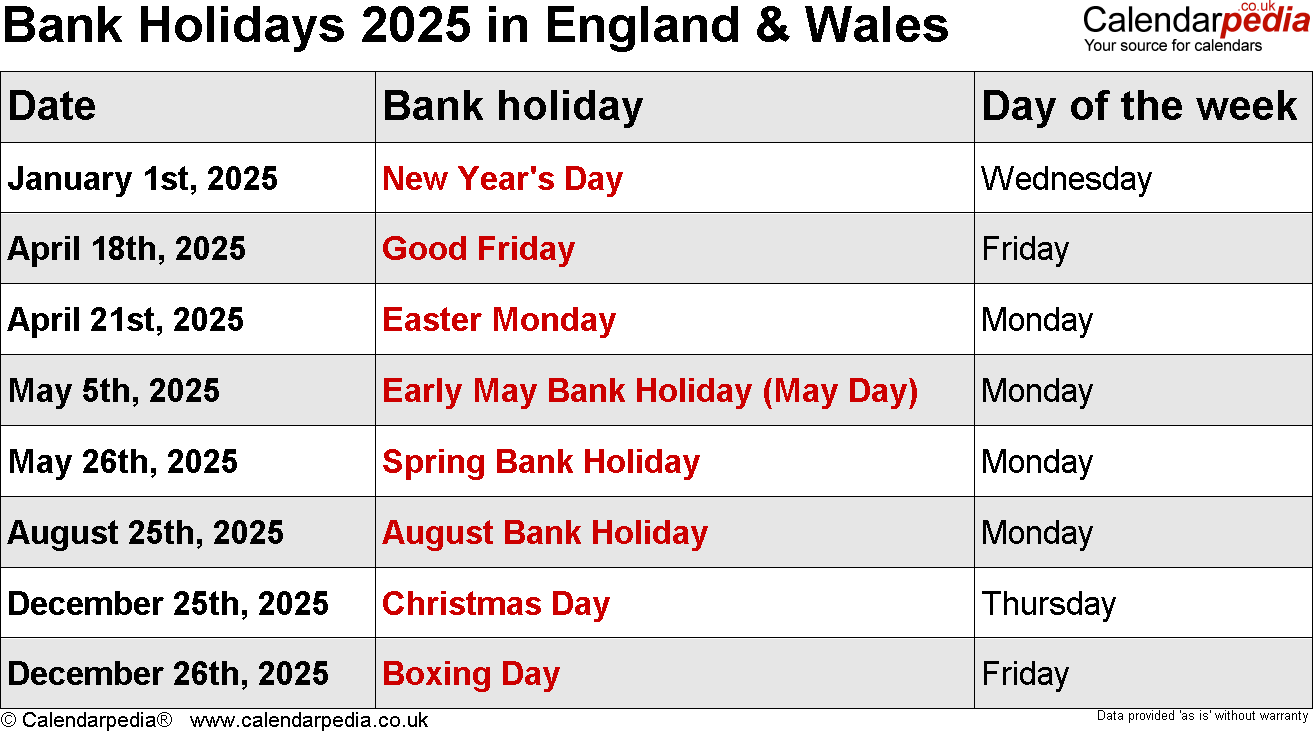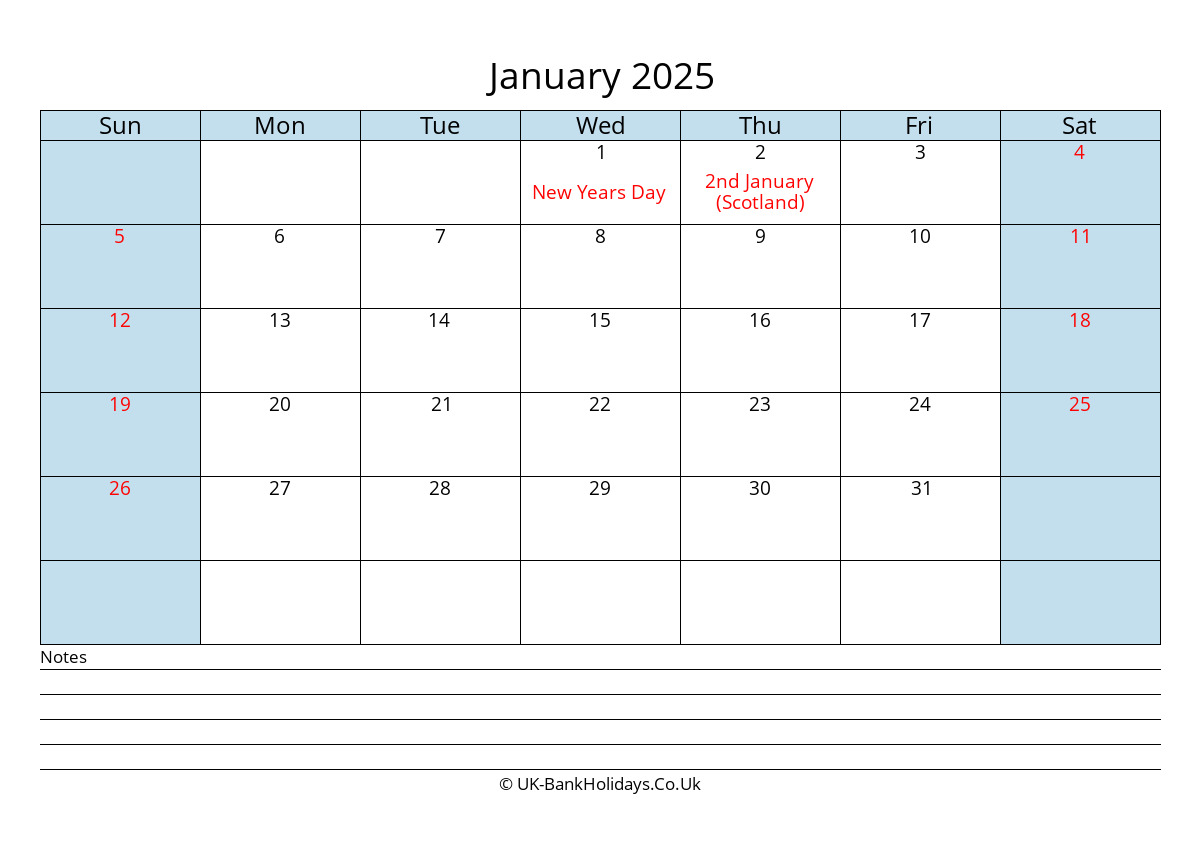Should May 2025 Calendar Have Holidays
Should the May 2025 Calendar Embrace More Holidays? A Multifaceted Exploration
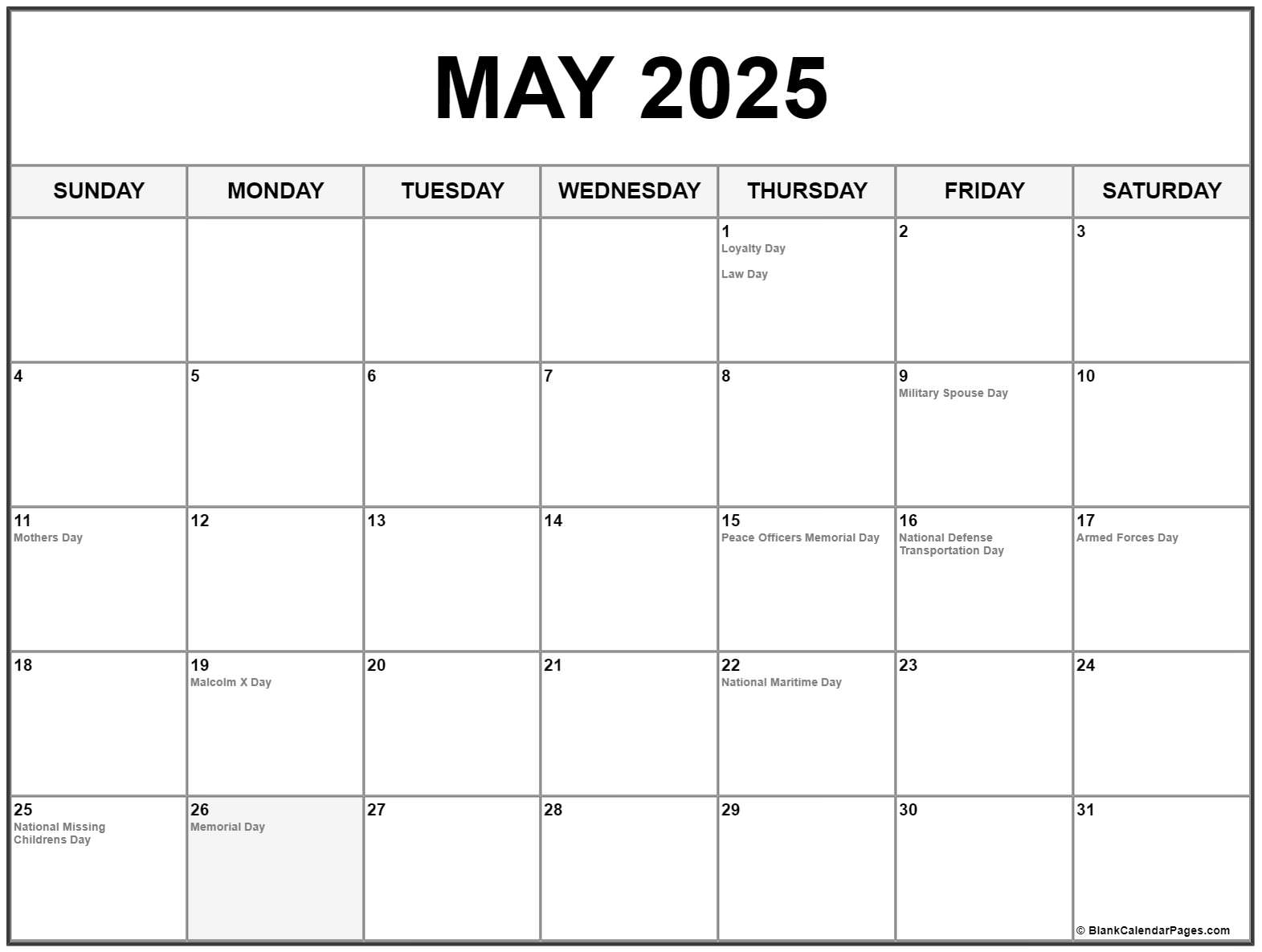
The seemingly simple question of whether the May 2025 calendar should incorporate more holidays sparks a complex debate that touches upon economic impact, cultural significance, employee well-being, and the very nature of societal celebration. While the current structure of public holidays is often rooted in historical events and religious observances, the argument for expanding this roster in May 2025, or any year for that matter, rests on a foundation of evolving societal needs and values.
The existing holiday landscape for May typically features a relatively sparse selection, often dominated by regionally specific celebrations or those tied to religious calendars. This limited number of designated holidays contrasts sharply with the demands of a modern workforce, increasingly characterized by burnout, stress, and a growing desire for work-life balance. Proponents of adding more holidays in May 2025 argue that this scarcity contributes to employee fatigue and diminished productivity in the long run. A strategic injection of additional holidays could provide a much-needed respite, boosting morale and potentially leading to increased efficiency and creativity when employees return to work refreshed and rejuvenated.
One compelling argument for expanding the May 2025 holiday calendar centres on the potential for celebrating underrepresented groups and events. Currently, the dominant holidays often reflect the historical experiences and traditions of specific communities, potentially overlooking the contributions and cultural significance of others. Adding holidays that honour the achievements of marginalized groups or commemorate lesser-known historical events could foster inclusivity, promote social understanding, and enrich the collective cultural narrative. This could involve designating days to honour significant figures in various fields, commemorating pivotal moments in social justice movements, or recognizing the cultural heritage of diverse communities. The selection process for such holidays would, of course, require careful consideration and broad consultation to ensure representation and avoid tokenism.
Furthermore, the economic implications of adding more holidays in May 2025 deserve careful scrutiny. While some businesses might express concern about potential disruptions to productivity and increased labour costs, the counterargument highlights the potential for positive economic effects. Extended holidays can stimulate tourism and domestic travel, benefiting the hospitality industry and local economies. Increased consumer spending during holiday periods can also boost overall economic activity. Moreover, a well-planned holiday calendar could allow businesses to strategically schedule downtime, optimizing productivity and reducing operational costs in the long term. A comprehensive cost-benefit analysis, considering both potential losses and gains, would be crucial in making informed decisions.
However, the introduction of additional holidays isn’t without its challenges. The most immediate concern revolves around the practicalities of implementation. Coordinating across diverse industries and sectors to ensure smooth operational continuity during extended holidays requires meticulous planning and communication. Small businesses, in particular, may face disproportionate challenges in managing staffing and maintaining operations during extended holiday periods. Therefore, any expansion of the holiday calendar must be carefully considered, with appropriate support mechanisms provided to ensure a fair and equitable transition for all businesses. This might involve exploring flexible work arrangements, encouraging staggered holidays, or providing financial assistance to small businesses to help them manage the costs associated with extended closures.
The debate also extends to the very definition of a "holiday." Should it be exclusively reserved for nationally recognized events with widespread significance, or should it encompass more localized celebrations and personal observances? The increasing popularity of "mental health days" and the growing recognition of the importance of employee well-being suggest a shift towards a more flexible and personalized approach to holidays. Perhaps the future lies not solely in adding more officially recognized holidays, but in empowering individuals and businesses to incorporate more flexible time-off policies that cater to individual needs and preferences. This might involve offering employees more autonomy in scheduling personal days or encouraging the adoption of flexible working arrangements that allow for better work-life integration.
Another crucial aspect to consider is the potential for holiday inflation. Adding too many holidays could diminish their individual significance and impact. The value of a holiday lies not just in the time off itself, but in the collective sense of celebration, reflection, and shared experience. Over-saturation could lead to a dilution of this collective meaning, rendering holidays less impactful and potentially leading to employee fatigue from too many periods of disruption. Therefore, any additions to the May 2025 calendar must be carefully chosen, prioritizing events with broad cultural relevance and significant historical or societal importance.
In conclusion, the question of whether to add more holidays to the May 2025 calendar is not a simple yes or no answer. It necessitates a nuanced and multi-faceted approach that considers the economic, social, and cultural implications. While the benefits of improved employee well-being and enhanced social cohesion are compelling arguments for expansion, the potential challenges of implementation and the risk of holiday inflation must be carefully addressed. A balanced approach, perhaps involving a combination of strategic additions of culturally significant holidays and the implementation of more flexible time-off policies, could offer a pathway towards creating a more equitable and fulfilling calendar for all. The key lies in thoughtful planning, broad consultation, and a commitment to ensuring that any changes serve to enhance, rather than detract from, the overall societal benefit of designated holidays. The May 2025 calendar, therefore, presents an opportunity not just to consider adding holidays, but to re-evaluate the very purpose and function of holidays in a rapidly evolving world.

